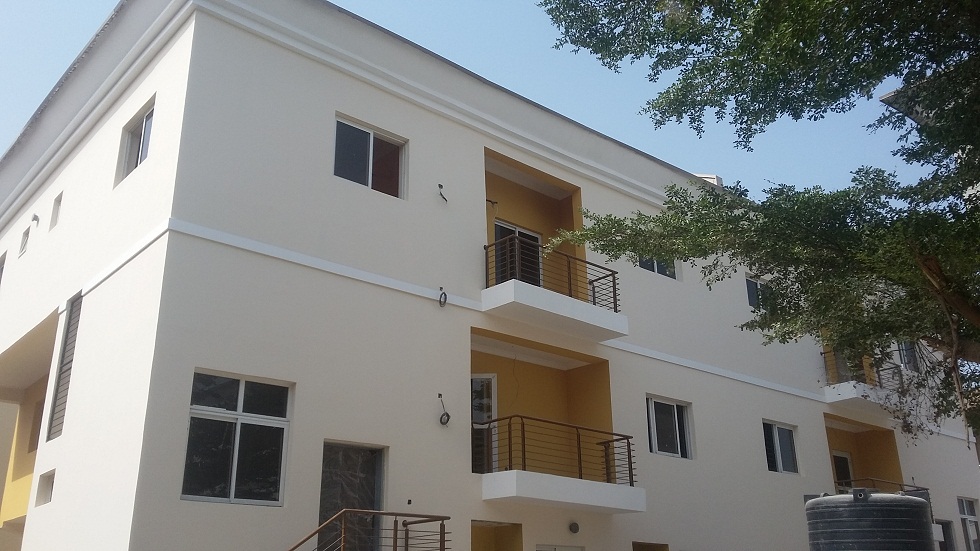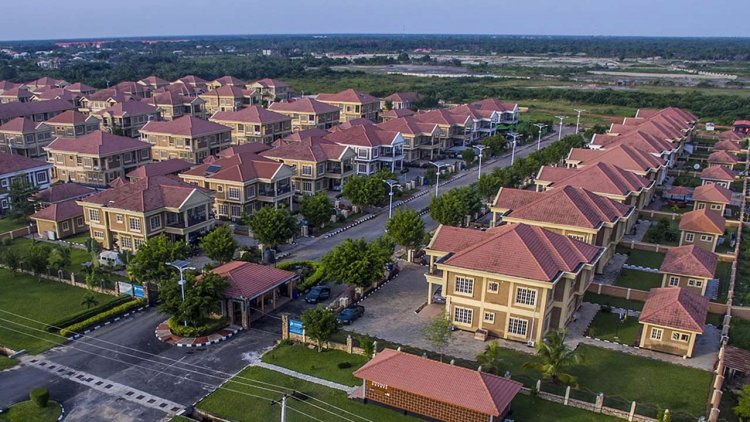Union Homes Real Estate Investment Trust (REITs) recorded a spike in occupancy rates for its choice properties across Nigeria. This was contained in the company’s periodic Key Performance Metrics for the period ended November 30, 2019.
The metrics indicate, 6 out of its 9 properties recorded 100% occupancy rates compared to October 2018 where none of its properties hit 100% occupancy rates.
- According to the data 63 out of the 94 units of apartments had an occupancy rate of about 100%.
- Seven out of its properties are located in Lagos (Ikoyi and Lekki) and two located in Abuja.
- As of March this year about 28 units of apartments had 100% occupancy rates suggesting the company has been able to rent out nearly all of its choice properties.
- Apart from its apartment in Jabi at 17% occupancy rate its other properties have at least 80% or more occupancy rates.
[READ MORE: The Nigerian Stock Exchange is holding a summit on REITs]
While the company has recorded a spike in occupancy rates, rental yields still remain abysmal for most of its properties.
- For example, its properties in VI and Ikoyi posted rental yields of between 4% and 4.89%. Only its 16-unit Locke apartment in Lekki posted a yield above 6.97%.
- Its Olive apartment in Jabi Abuja posted a yield of 1% and an occupancy rate of just 17%.
- Rental yields are very poor in Nigeria due to the rising cost of acquiring land Also the developmental fees and infrastructure cost is a major challenge for developers.
What this means: A higher occupancy rate ensures the business is at least letting out most of its properties. Following the 2016/17 recession, the real estate industry was badly hit as most luxury apartments faced difficulty looking for buyers or tenants.
- For most developers like Union Home REITs. They have had to crash down rents just to ensure that their apartments are not left empty. A higher vacancy rate is an expense to the REIT they can do without.
- Rental yields will likely remain low provided land and development cost continues to be exorbitant.
Experts say …
Meanwhile, industry experts believe that Union Homes REIT and other operators would perform better in 2020 if certain steps are taken.
One of such steps, as explained by Ranti Adedeji, Managing Partner, Adrant Properties, is to encourage institutional investors to take advantage of REIT.
He said, “The Pension fund administrators (PFAs) can take advantage of REIT and that the REIT’s excess capital will be invested in upgrading existing facilities, government securities, and real estate-related investments to enhance the yield of the fund, among other projected income streams.”
[READ ALSO: Why The NSE Wants More Transparent Funds And REITS]
Another stakeholder, Kayode Oni, explained that access to long term financing like that of the PFAs can help lower the cost of rent for tenants in the long run.
He said, “Investors will have an investment that will yield them good returns progressively over the years. So what’s going to be different here is that would be, if you look at most of the previous event, you raise the money and then you go to build and every time you go to do that, you realize that you have cost over loans, you are not able to finish the project and then you have to move back and raise other cash and all that, but in this case the asset is there.”





















